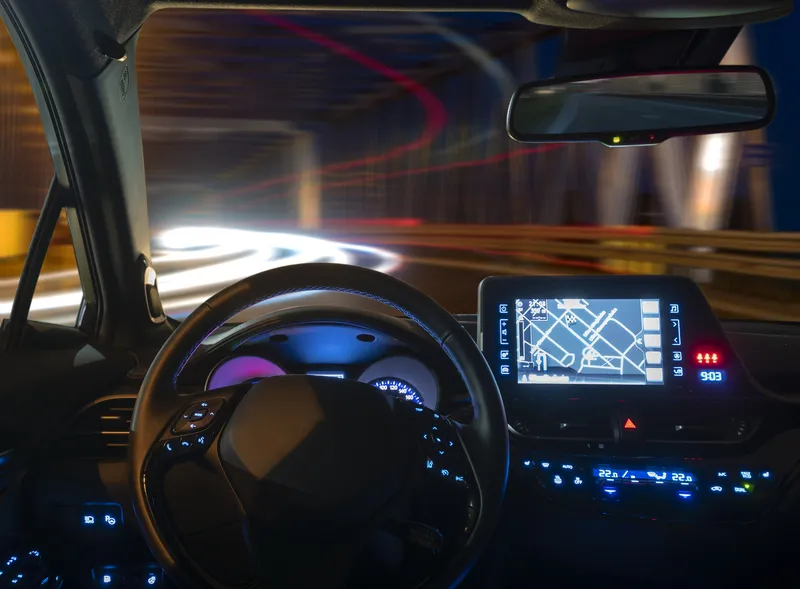
Rekor Systems has been awarded a European patent for its technology to detect and quantify irregular traffic congestion.
This patent is based on the same innovation previously approved by the US Patent Office, said Rekor, which develops and implements roadway intelligence systems using AI-enabled computer vision and machine learning. The patented system uses data from multiple sources, including in-vehicle sensors, roadway detectors and online platforms to identify and respond to congestion problems.
Rekor said that combining machine learning models with historic traffic baselines delivers actionable intelligence to improve traffic flow and address real-time critical anomalies, such as accidents or infrastructure weaknesses.
“Providing this to all of our customers, we are equipping governments and communities with the tools to more quickly and accurately predict, manage and mitigate traffic issues in real time, transforming how roadways are planned and operated,” said David Desharnais, president and chief executive of Rekor.
Rekor previously secured a patent for a system designed to protect personally identifiable information (PII) in traffic monitoring applications, which the company said further reinforces its commitment to privacy. The technology replaces traditional recognition records containing PII with obfuscation records. This ensures that sensitive data is not exposed.
Generating a unique identifier that converts PII into an anonymised format while retaining necessary non-PII data allows traffic monitoring systems to operate securely while maintaining compliance with data privacy regulations. The obfuscation record is transmitted to the server instead of the original recognition record, preventing unauthorised access to personal details.
Rekor has also secured a patent for an image-processing technique that enhances vehicle recognition while reducing processing demands. The system first converts full-quality images into reduced-quality versions to identify objects of interest, such as vehicles and licence plates. Simple geometric subsectors help refine the focus, allowing detailed image analysis to be applied only to relevant regions in the original high-quality image.
This approach significantly lowers computational requirements while preserving the ability to extract critical vehicle-specific characteristics. By optimising how roadway imagery is processed, this patented technology enhances the efficiency of Rekor’s AI-driven systems and reduces infrastructure costs for large-scale traffic monitoring.
The awarded patents are part of Rekor's roadway intelligence platforms and solutions, including Rekor Scout, Rekor Discover and Rekor Command platforms. All are powered by the Rekor One engine.









